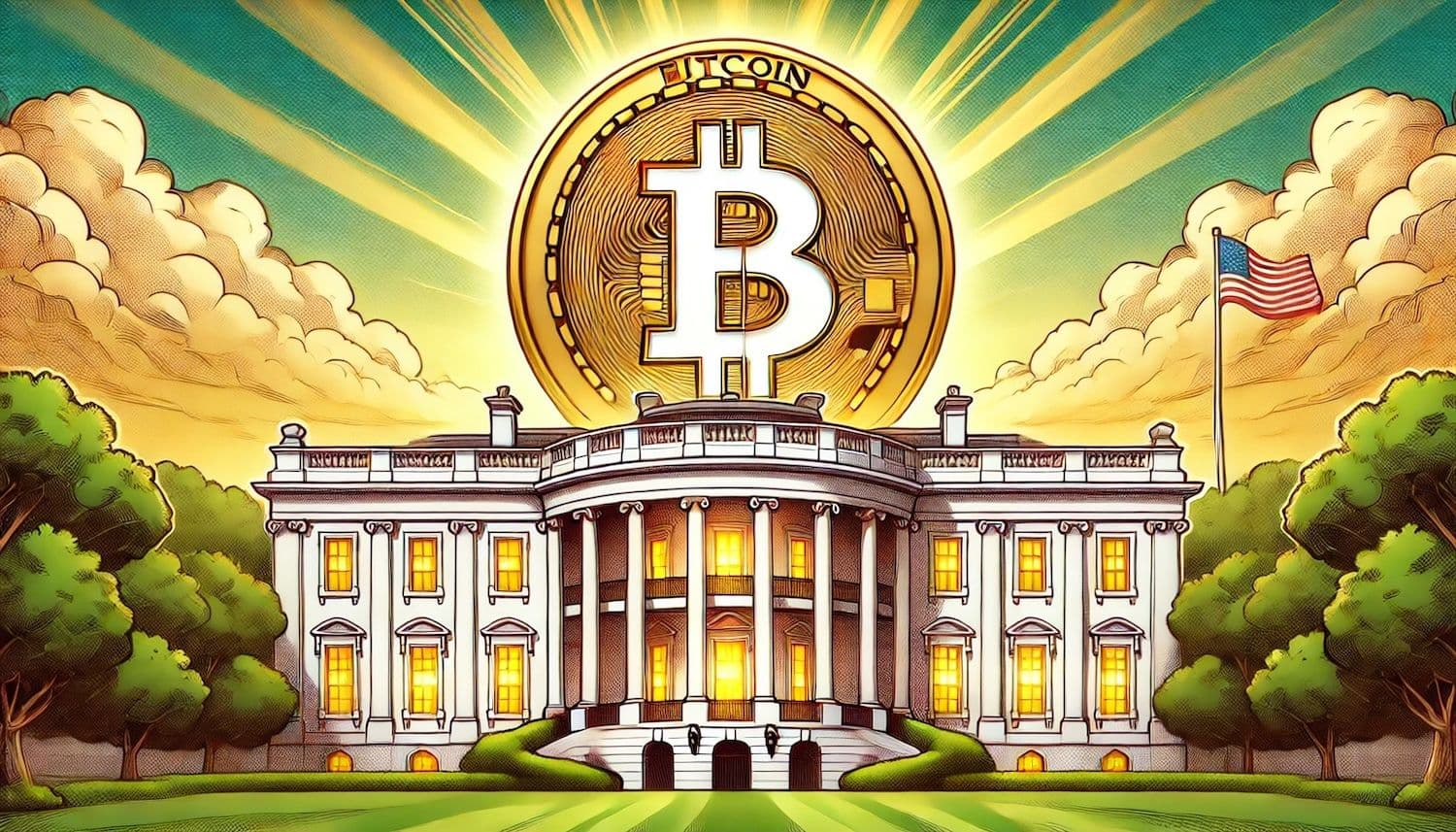In anticipation of Donald Trump's imminent inauguration, speculation is rife about the prospect of a U.S. Bitcoin Reserve being mandated through an executive order shortly after he takes office. The idea, while intriguing, remains speculative but has captured the attention of the crypto community, which is currently experiencing an unusual calm.
As Trump prepares to step back into office, the political and crypto landscapes seem to have hit a temporary lull. Absent are the usual protests and riots, with neither left nor right making significant public outbursts. In contrast, the crypto market remains stagnated, with little movement and less drama.
The harshest reactions have been limited to online tirades and social media revamps.
What lies ahead?
Speculations run wild, from skyrocketing Bitcoin values to geopolitical turmoil or even a Kanye West performance in D.C.
Amidst these speculations, discussions are intensifying around potential executive orders that could dramatically shift the approach to blockchain and cryptocurrency regulation. The atmosphere of anticipation and anxiety is permeating industry conversations.
Trump's administration is expected to prioritize establishing a presidential crypto council alongside a Bitcoin Reserve. Reports suggest this council may comprise 20 significant industry figures, such as CEOs and founders from major crypto and blockchain enterprises. This move underscores a proactive intent to stimulate innovation and manage oversight in the digital asset sphere.
Leading the initiative, Bo Hines, a relatively new face in crypto at 29, has been reaching out to industry leaders for insights. This consultation phase may lay the groundwork for a collaborative policy framework and expedite favorable regulatory measures.
Another anticipated action is the executive repeal of SAB 121, a controversial rule that limits American banks from holding cryptocurrencies. Despite Congress passing a repeal last spring, President Biden had vetoed it, maintaining the restrictions. Trump revoking this rule could dramatically shift access to traditional banking for crypto firms and projects.
The Washington Post reports Trump's intention to repeal SAB 121 on his first day in office. This step could remove barriers to conventional banking, spurring broader reforms and positioning American crypto closer to a global leadership role.
Trump's economic team is also evaluating incremental tariffs to aid negotiations with global trade partners. These tariffs, although targeting traditional goods, might indirectly affect the crypto markets by injecting volatility in currency trading, thereby increasing the appeal for decentralized financial solutions.
Trump's 2025 crypto executive order has the potential to be a transformative moment for the industry. Initial signals point to an administration that values collaboration, reduced regulation, and a drive for global supremacy.
Whether these changes will be embraced or contested, the impact of his presidency on America's blockchain strategy could be profound.



